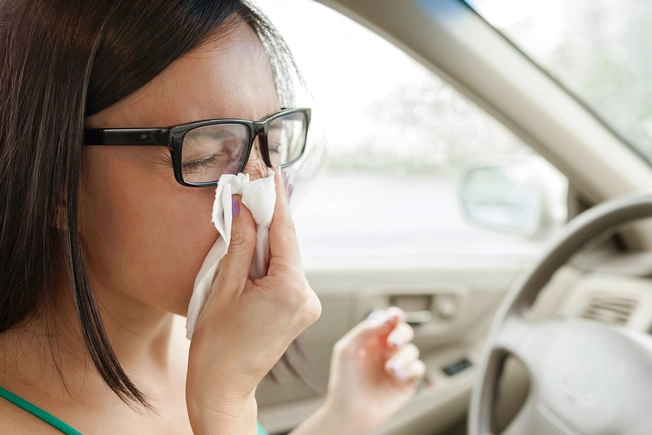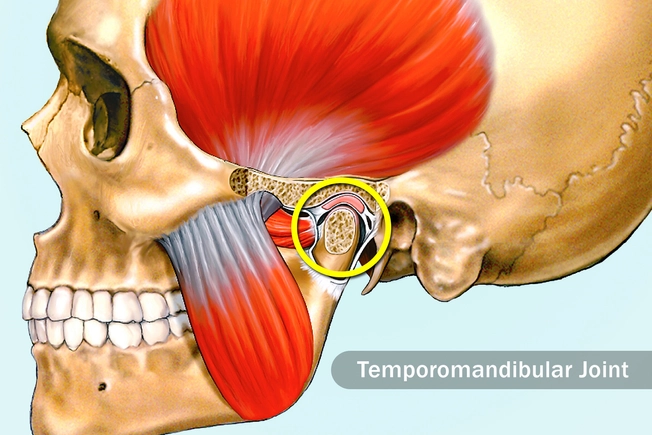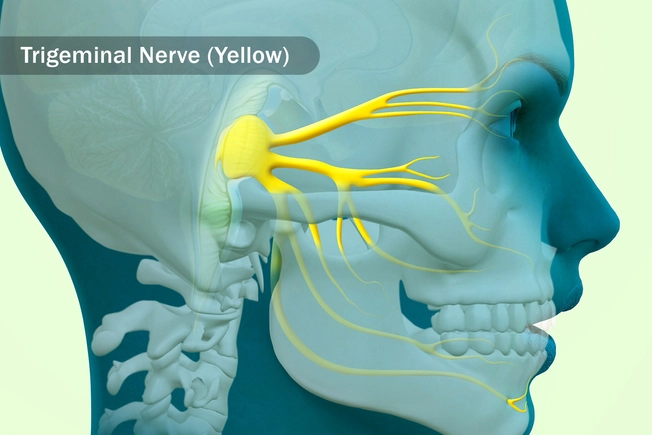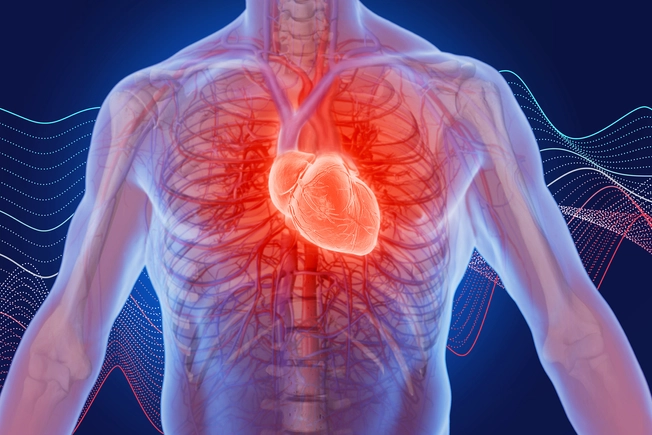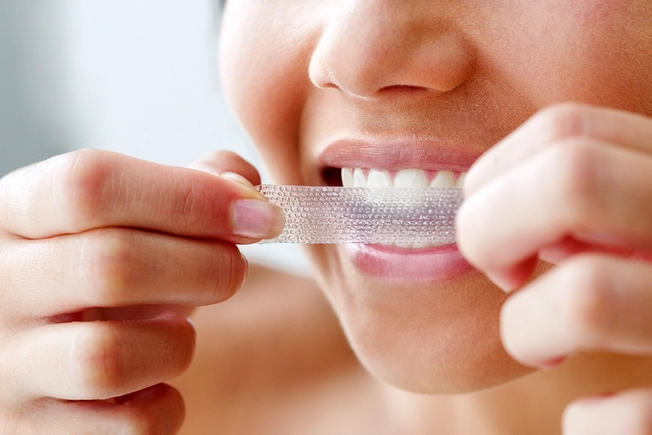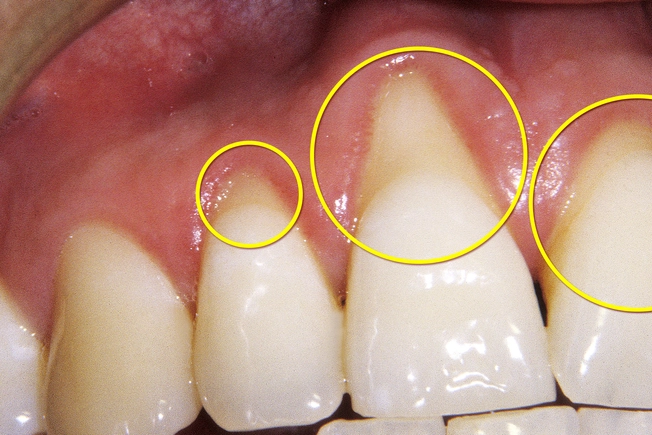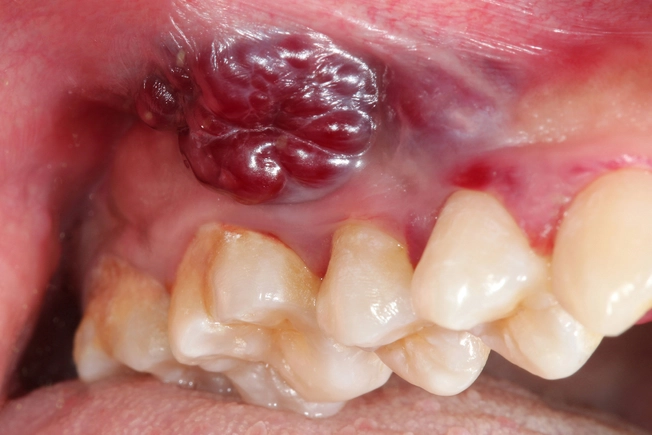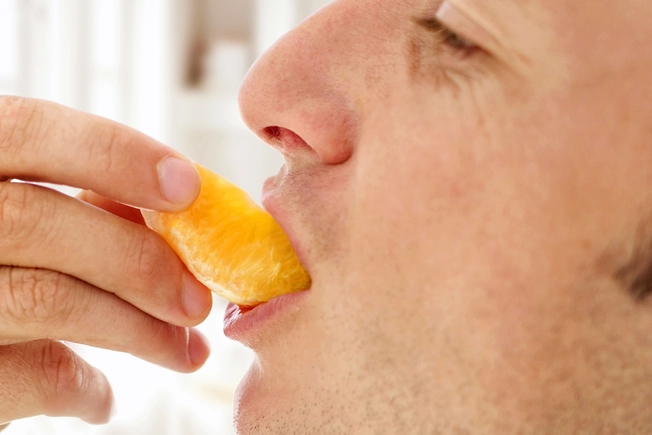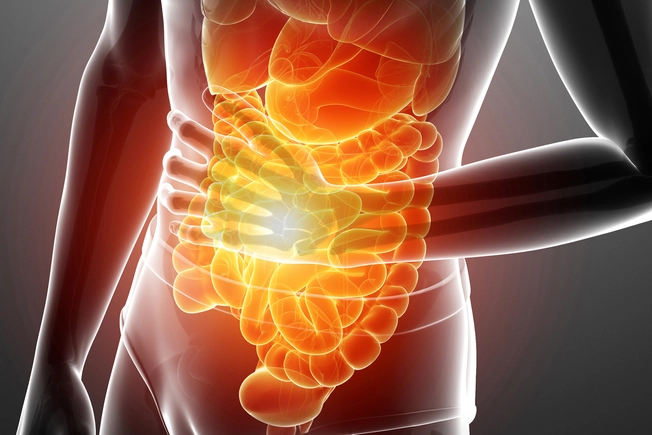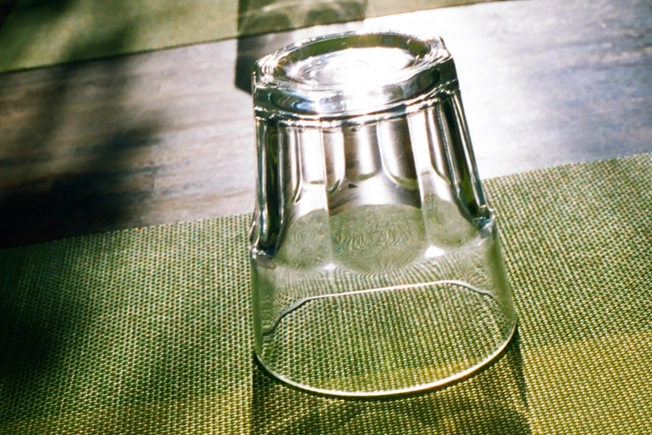Conditions That Make Your Teeth Hurt
4) sportpoint / Thinkstock
Why Do My Teeth Hurt?
Whether it’s sharp and sudden or dull and constant, tooth pain is hard to ignore. The first step toward relief is to find out what’s wrong.
Could It Be Sensitive Teeth?
If your teeth are healthy, a hard outer layer of enamel covers them to protect the nerves inside. The enamel can wear away over time. When the middle layer of your tooth is exposed, anything you eat or drink can reach your nerve endings. You’ll feel a couple seconds of pain when something hot or cold hits them. Sweet or acidic foods may bother you, too.
Gum disease also can make your teeth sensitive. Your gums shrink away from your teeth and that exposes the roots. You also can damage your gums if you brush too hard.
A recent cleaning or a new filling may make you sensitive for a few weeks. Many people feel it after whitening treatments. An old filling that’s loose or damaged can cause it, too.
Could It Be a Damaged Tooth?
Your teeth come under attack every time you eat. Bacteria cling to them until you brush them away. They produce acid, which makes the holes in your enamel called cavities.
Part of the reason for these long wait times and short appointments is due to a nationwide shortage of physicians that is only getting worse. A report by the Association of American Medical Colleges predicts that, due to population growth and specifically growth of the elderly population, the physician shortfall in the U.S. could reach 121,300 by the year 2030.
Or you could have a crack in a tooth that’s exposed the sensitive inner layers. Maybe you bit down on a cherry pit or were hit in the face during softball.
A cavity or a crack can cause sharp pain along with sensitivity when you bite down. The longer the pain lingers, the more serious the damage is likely to be.
If it’s deep enough, a cavity or crack can let bacteria into the inner layer, called pulp, of your tooth. The pulp can become infected, and that can lead to a buildup of pus called an abscess. The infection can spread to tissue and bone, too. An abscess causes severe, throbbing pain that doesn’t stop.
Other symptoms include:
- Swelling in your gums or face
- Bad breath
- Fever
- Bad taste in your mouth
- Swollen glands
Do You Grind Your Teeth?
This is a common problem brought on by stress, sleep disorders, or a bite issue. If you grind your teeth while you sleep, it can wear away your enamel and even cause a crack. You may feel dull pain in your teeth or jaw or get headaches.
Could It Be Your Wisdom Teeth?
Teething hurts whether you’re a baby or an adult. You’re likely to feel it when your wisdom teeth start to push through your gums. Food can get stuck under the gum and cause decay and infection.
Could the Problem Be Outside Your Mouth?
Your teeth may hurt because of an issue somewhere else in your body. That’s called referred pain. It can come from:
- Certain kinds of headaches, like cluster and migraine
- Clogged or infected sinuses
- Problems in the joint or muscles that connect your jaw to your skull
In rare cases, a heart attack can cause tooth pain. It’s also a symptom of certain nerve diseases.
What Should You Do?
Don’t put off a trip to the dentist if your teeth hurt. Cavities and cracks get worse over time.
If you grind your teeth, your dentist can make a bite guard for you to sleep in.
You can manage some problems yourself. Special toothpastes can reduce sensitivity. And you can reverse early gum disease when you brush and floss correctly.
Show Sources
American Dental Association.
Oral Health Foundation: “Sensitive teeth.”
American Academy of Periodontology: “Gum Disease Information.”
National Health Service: “Toothache.”
Pray, W. US Pharmacist, 2007.
University of Maryland Medical Center.
American Association of Oral and Maxillofacial Surgeons: “Wisdom Teeth Management.”
Academy of General Dentistry: “When to Remove Wisdom Teeth.”
Conditions That Make Your Teeth Hurt
Do you clench your jaw in times of anger, tension, or intense concentration? Your teeth bear some of the brunt of that stress. They can ache or wiggle loose over time.
Your Daily Grind
2/15
Sometimes even when you don’t feel stressed, you might clench and grind your teeth while you sleep. It can happen when you have a sleep disorder, your bite doesn’t line up correctly, or you’re missing teeth. Ask your dentist if a night guard can help you prevent damage while you dream.
You Overdo Oral Rinses
3/15
Swishing with mouthwash multiple times a day may give you a deep clean. But it can come with a downside: sensitive teeth. Some rinses have acids that can damage your dentin, the middle layer of your teeth.
You Push Your Body
4/15
Studies on triathletes show that endurance training can wear down your tooth enamel more. The more intense their workout schedule, the more likely they were to have cavities. Scientists aren’t exactly sure why, but may think it has to do with how exercise changes the amount of saliva in your mouth.
Your Sinuses Are Stuffed
5/15
Pain in your upper back teeth might be a sign of a sinus infection. It’s pretty common, since your teeth are close neighbors of your nasal passages.
You’ve Got a Bun in the Oven
6/15
Pregnancy may have you seeing more “pink in the sink,” or blood when you brush. You’re more likely to deal with gingivitis when you’ve got a baby on the way. You also have a higher chance of cavities, so schedule some extra checkups with your dentist while you wait for delivery day.
Your Jaw Is Jammed
7/15
Your temporomandibular joint (TMJ) connects your lower jaw to your skull. When any part of your TMJ isn’t working because of injury, arthritis, or something else, it can cause a whole host of symptoms, including pain when you chew and in your jaw.
Nerve Damage
8/15
It’s not common, but a condition called trigeminal neuralgia could be at the root of your tooth problem. It causes chronic nerve pain in one of the nerves in your head. The pain is often brought on by brushing your teeth, eating, and drinking.
Heart Problems
9/15
Upper body pain can be a symptom of a heart attack. You might feel the discomfort in your shoulders, neck, jaw, or teeth. Take note if you’re dealing with other things along with your mouth, like sweating, heart palpitations, nausea, chest pain, or shortness of breath.
You’ve Brightened Your Smile
10/15
Dealing with dingy teeth by bleaching? Your whitener may be to blame for throbbing teeth. Sensitivity can start 2-3 days into treatment but can go away after a few more. Your gums can feel irritated as you whiten, too.
Your Gums Are Starting to Give
11/15
When gums recede, they pull back the protective layer over your teeth’s nerves and leave them aching. It can be a sign of gum disease, so be sure your dentist knows if your pain comes with teeth that look longer, or if you have pus, mouth sores, bad breath, or bleeding when you brush.
You Need a Cancer Check
12/15
Oral cancer commonly shows up with mouth or tooth pain that doesn’t go away. Trigeminal neuralgia can also come from a tumor pressing on your facial nerves, but it’s rare.
Your Diet Is Too Acidic
13/15
Foods high in acid wear away enamel and leave teeth less protected. The top culprits include hard sugar candies, coffee, citrus fruits — like lemons, oranges, and grapefruits — and soda.
You Throw Up a Lot
14/15
Speaking of acid, your stomach is full of it. When you vomit, that can get on your teeth. If you vomit a lot, it can start to damage them. GERD (gastroesophageal reflux disease), pregnancy, chronic alcoholism, and bulimia are conditions that can lead to tooth trouble from throwing up too much.
You Don’t Drink Enough Water
15/15
Not only does water wash away the bits and pieces of food left behind after you eat, depending on where you get your water, it can also be full of fluoride, which keeps teeth strong and healthy. If you don’t drink enough water, your teeth could be in trouble.
Show Sources
IMAGES PROVIDED BY:
1) Digital Vision / Thinkstock
2) demaerre / Thinkstock
3) Christopher Robbins / Thinkstock
4) sportpoint / Thinkstock
5) kieferpix / Thinkstock
6) sdominick / Getty Images
7) Nucleus Medical Media / Medical Images
8) Claus Lunau / Science Source
9) Lars Neumann / Thinkstock
10) Jose Luis Pelaez Inc. / Getty Images
11) ISM / Dr Jean-Pierre CASTEYDE / Medical Images
12) Watanyou / Getty Images
13) Stockbyte / Thinkstock
14) sankalpmaya / Thinkstock
15) Shaun Wang / EyeEm / Getty Images
Mayo Clinic: “Bruxism (teeth grinding),” “Sinus Infection and toothache: Any connection?” “TMJ Disorders,” “Heart attack symptoms: Know what’s a medical emergency.”
American Dental Association: “Teeth Grinding,” “Is it safe to go to the dentist during pregnancy?” “Whitening,” “Top 9 Foods That Damage Your Teeth,” “Dental Erosion,” “4 Reasons Water is the Best Beverage for Your Teeth.”
Cleveland Clinic: “Teeth Sensitivity: Possible Causes.”
Scandinavian Journal of Medicine & Science in Sports: “Effect of endurance training on dental erosion, caries, and saliva.”
National Institute of Neurological Disorders and Stroke: “Trigeminal Neuralgia Fact Sheet.”
American Academy of Periodontology: “Gum Disease Symptoms.”
American Cancer Society: “Signs and Symptoms of Oral Cavity and Oropharyngeal Cancer.”





